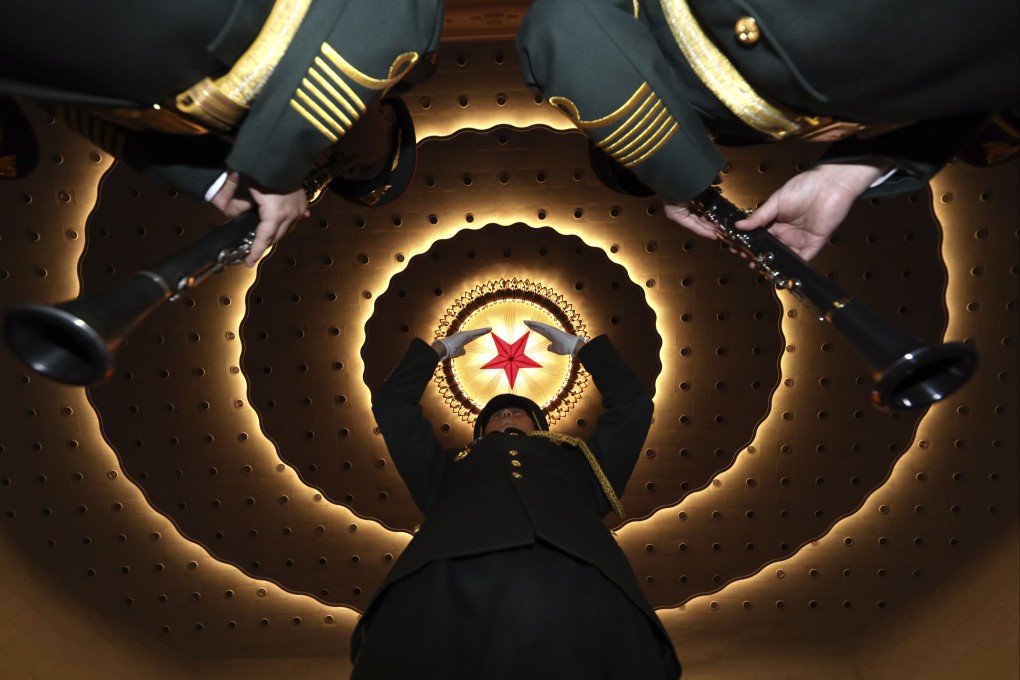Advertisement
Opinion | Rise of China’s military-industrial leaders will heat up race against the US
- Wave of technocrats sweeping into government has major implications for China’s economic, tech and military advancement – and the US-China rivalry
- But whether they can improve strategic coordination between the People’s Liberation Army and the party-state is less clear
Reading Time:3 minutes
Why you can trust SCMP
14

The surveillance balloon incident raises serious concerns about China’s military intentions towards the United States. But it raises equally troubling issues about the competence of China’s military intelligence services and their apparent lack of coordination with other elements of the Chinese party-state.
In that light, it is intriguing that an unusual and important new “faction” has emerged at the top of China’s political system: military-industrial technocrats.
As research by the Asia Society Policy Institute’s Centre for China Analysis shows, their ascent provides important clues to the leadership qualities and policy priorities that paramount leader Xi Jinping has uppermost in mind.
Advertisement
Moreover, their success or failure as leaders over the next 10-15 years will have major implications for China’s economic development, technological advancement and foreign relations, especially as rivalry with the US intensifies. They might also have a role in improving China’s defence intelligence capacities, both technically and bureaucratically.
With the closing of 20th party congress last October, 13 new members joined the 24-man Politburo, the Communist Party’s top leadership body. Among them are five rising stars: Zhang Guoqing, Yuan Jiajun, Li Ganjie, Ma Xingrui and Liu Guozhong.
Advertisement
This group – accounting for nearly 40 per cent of the Politburo’s newly appointed seats – share similarities including educational training in military-industrial engineering in fields such as aerospace, nuclear energy and ordinance.
Advertisement
Select Voice
Select Speed
1.00x
.jpg?itok=hwBtJdmZ)
